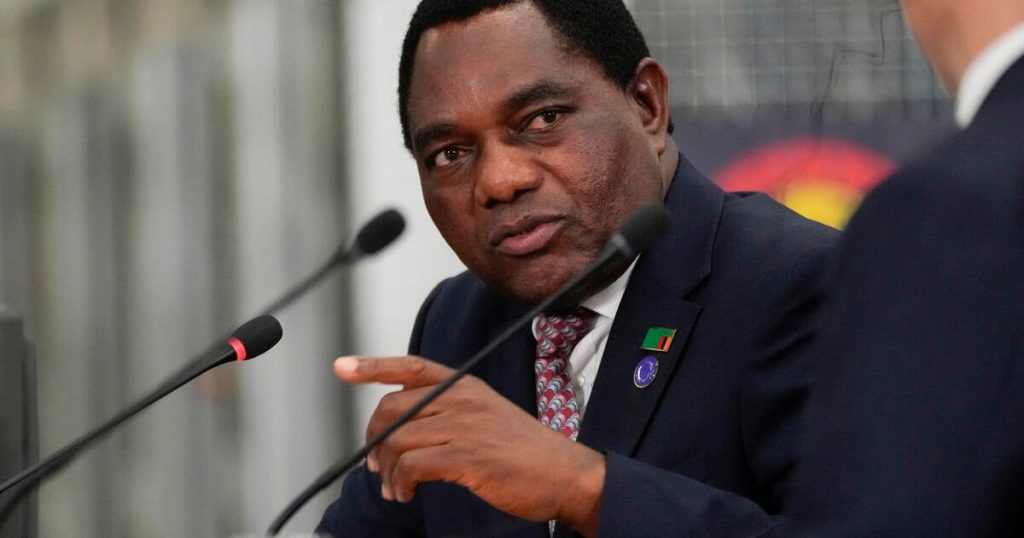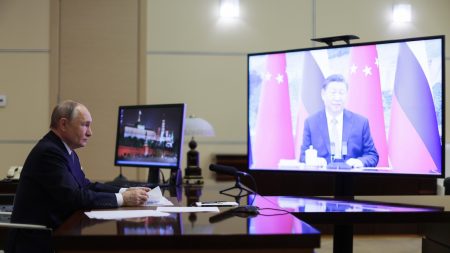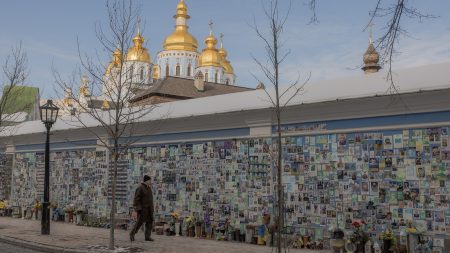Witchcraft on Trial: A Glimpse into Zambia’s Spiritual and Legal Landscape
Introduction: The 2024 Witchcraft Trial in Zambia
In 2024, Zambia found itself engrossed in a sensational legal case that blended witchcraft, politics, and intrigue. Two men faced trial, accused of practicing witchcraft with the intent to harm President Hakainde Hichilema. The charges were shocking, involving a bottled chameleon, white powder, and a mysterious animal tail. The case not only highlighted the enduring belief in the supernatural in Zambia but also underscored the colonial-era Witchcraft Act still in effect. This trial, set in the capital city of Lusaka, became a focal point for discussions on tradition, law, and the role of the supernatural in modern society.
Cultural Context: Witchcraft in Zambia’s Social Fabric
Witchcraft in Zambia is deeply rooted in cultural heritage, reflecting a strong connection between the human and supernatural worlds. Gankhanani Moyo, a cultural heritage lecturer, criticized the colonial Witchcraft Act for criminalizing practices it doesn’t understand. Traditional beliefs persist alongside Christianity, with 79% of Zambians believing in witchcraft. This duality is evident in the packed courtroom during the trial and the debate over broadcasting it, reflecting both fascination and the influence of religious institutions. The case also revealed political dynamics, with allegations suggesting the defendants were hired by a former lawmaker’s brother, adding layers of power and intrigue.
Challenges in Prosecution: The Legal Maze of Witchcraft
Prosecuting witchcraft cases in Zambia is fraught with challenges. The 1914 Witchcraft Act defines the practice broadly, making evidence collection difficult. This rarity of such cases reaching higher courts, combined with the lack of concrete evidence, complicates legal proceedings. The trial highlighted these issues, with one defendant confessing under questionable circumstances. Public opinion is divided, with some viewing it as a political stunt and others seeking justice for alleged harm, reflecting broader societal tensions.
Witchcraft as a Lucrative Practice: Traditional Healers in Zambia
Despite legal ambiguities, witchcraft is a thriving business in Zambia. Traditional healers like Rodwell Vongo cater to a diverse clientele, offering spells and charms for marriage, success, and protection. Vongo, a prominent figure, rejects the term "witch doctor," emphasizing his role in mental and spiritual well-being. His practice, based in a plush suburb, attracts middle-class clients, challenging stereotypes that such beliefs are confined to rural areas. This flourishing trade in supernatural solutions illustrates the significant role of traditional healers in Zambian society.
Regional Beliefs: Witchcraft in Neighboring Angola
Beliefs in witchcraft extend beyond Zambia into neighboring Angola, where the Catholic Church strongly opposes such practices. Incidents of witchcraft-related violence, such as deaths from herbal potions, highlight the dangerous consequences of these beliefs. Religious leaders have urged followers to reject witchcraft, viewing it as a response to socio-economic challenges. Pope Benedict’s 2009 visit reinforced this stance, yet the practice persists, illustrating the deep-rooted nature of these beliefs in the region.
Conclusion: Implications for Zambia’s Future
The 2024 trial serves as a catalyst for reevaluating Zambia’s approach to witchcraft. It mirrors broader debates on tradition, modernity, and justice. While many, like teacher Wisdom Kaunda, support punishment for harmful practices, proving witchcraft in court remains difficult. The trial’s outcome may influence future legal cases and the integration of traditional beliefs into a modern legal framework. As Zambia navigates its cultural and legal identity, cases like this underscore the need for understanding and reform, ensuring that justice is served while respecting cultural traditions.















